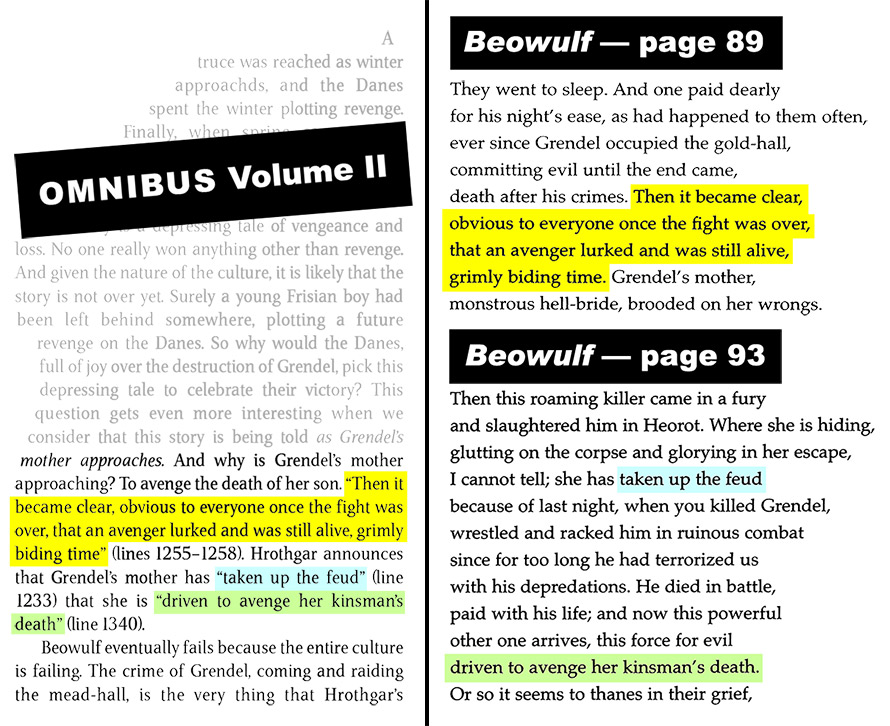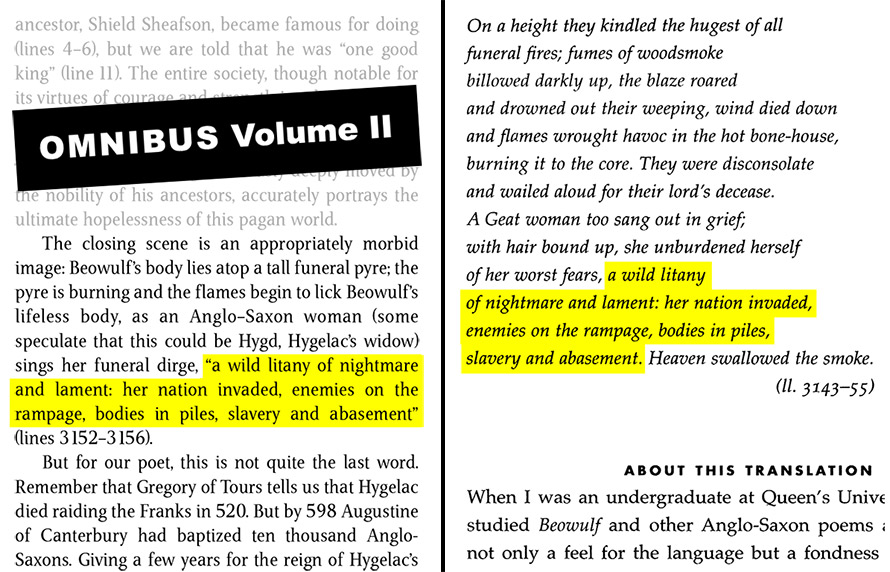Kate L. Turabian provides the most concise definition of the word “plagiarism” available: “Failure to give credit is plagiarism.”1 Her volume A Manual for Writers of Term Papers, Theses, and Dissertations is the industry standard for the academy in much the same way that The Chicago Manual of Style is the industry standard for publishing. To be sure, New Saint Andrews College in Moscow, Idaho, used Turabian’s definition of plagiarism since their beginning in 1994 until 2004, when they amended it.2
Plagiarism.org furnishes another definition of the word “plagiarism,” which they took from the Merriam-Webster Online Dictionary: “to steal and pass off (the ideas or words of another) as one’s own.”
This brings us to Pastor Doug Wilson of Christ Church, Moscow, and his claim that
The process used by [Rachel] Miller to tag such problems is unreliable, and is prone to false positives. If Wikipedia says “Columbus discovered America in 1492,” we are not much edified by a color coded America was discovered in 1492 by Columbus.
To rebut him, I offer the following images, which I have taken from Rachel Miller’s website with permission, for your consideration. Accordingly, Rachel juxtaposed four pages from the Omnibus Volume II: Church Fathers Through the Reformation,3 pages 127–130, against the original source document for her readers to see if the writer used another person’s words without giving credit. In this case the writer is Dr. Ben Merkle, president of New Saint Andrews College (NSA) in Moscow, Idaho, and his source document is Beowulf: A New Verse Translation, by Seamus Heaney.4 You may use Google Books to confirm that Dr. Merkle failed to give credit and you may judge for yourself if he passed off the words of Seamus Heaney as his own.




Finally, if you made it this far, please note that Rachel did not flag a second instance of plagiarism in the first image, where Dr. Merkle wrote, “‘Fate goes ever as fate must’”; the opacity is pulled back but you can still see it. Dr. Merkle pinched that quote from page 31 of Beowulf: A New Verse Translation, by Seamus Heaney (New York: W.W. Norton & Co., 2000). And Rachel did not flag a second instance of plagiarized text in the last image, where Dr. Merkle wrote, “‘one good king,’” which he filched from page 3 of Beowulf: A New Verse Translation, by Seamus Heaney (New York: W.W. Norton & Co., 2000), making eight counts of plagiarism on these four images.
1 Kate L. Turabian, A Manual for Writers of Term Papers, Theses, and Dissertations (Chicago: The University of Chicago Press, 1996), 74.
2 We shall consider this in a future post.
3 Edited by Douglas Wilson & Tyler Fischer (Lancaster, PA: Veritas Press, 2005).
4 Seamus Heaney, Beowulf: A New Verse Translation (New York: W.W. Norton & Co., 2000).

God bless you.
Dr. Merkle: Thank you for stopping by. We sincerely invite you to account for your failure to give credit in the Omnibus.
We’d feel more blessed if you accepted the invitation.
Folks, to be fair to Dr. Merkle, isn’t it conventional to understand quotes of translations as unoriginal unless the author specifically claims to be the translator of a text under discussion? At least I have noticed philologists will often add a comment like “all translations are mine” to claim originality. It doesn’t look Dr. Merkle has attempted to deceive by using Seamus Heaney’s translation in the snippets quoted above.
Please correct me if I’m wrong or don’t see an important point.